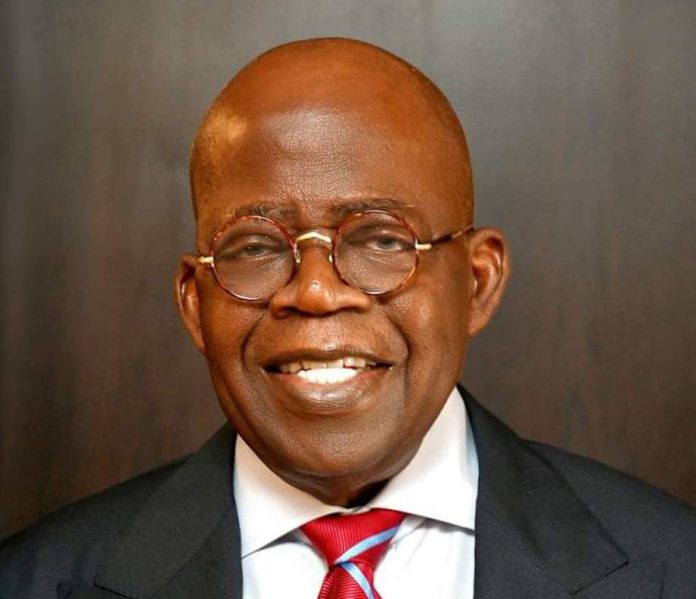The Federal Government, under the directive of President Bola Tinubu, has reviewed the criteria for the Nigeria student loan scheme in a new bill aimed at easing access to higher education funding.
The Nigerian government had previously faced setbacks in implementing the student loan scheme after its introduction, postponing its takeoff on at least three occasions.
Following the signing of the Higher Education Access Bill into law by President Tinubu, the then Permanent Secretary at the Ministry of Education, David Adejoh, initially announced that the scheme would commence in September 2023. However, this timeline was not met.
Subsequently, President Tinubu emphasised the necessity of implementing the scheme during the National Economic Summit Group (NEAG) conference, proposing a budget allocation of N50 billion for its launch in the 2024 budget submitted to the National Assembly.
The following is a breakdown of the key changes:
For the funding source, 1% of all collectible revenue by the Federal Inland Revenue Service (FIRS) to fund the scheme, according to the Presidency.
Applicants no longer disqualified based on parents loan history
The government noted that students will not be disqualified based on their parents’ financial situation or need for a guarantor,adding that applications will be based on individual merit and verification.
“The hurdles of a guarantor, a parent’s debt profile and others in the old Act have been removed in the new Bill, thereby making it easier for the loan to be accessed,” the Presidency said.
“It also removes the guarantor requirement so that students can apply for and receive loans subject to application and identity verification guidelines as provided by the Fund.
“Applicants to the Fund may apply for loans to cover tuition and other fees payable to the school and maintenance allowances payable to the student.”
The Presidency also disclosed that the family income threshold condition has been removed.
This, according to the government, will enable all Nigerian students to apply for loans and accept responsibility for repayment according to the Fund’s guidelines.
Change in loan repayment pattern
On repayment of loans, the bill indicates that beneficiaries of the fund shall begin as soon as the beneficiary becomes employed in any capacity.
According to the bill, the Fund shall not initiate loan recovery efforts until two years after the completion of the National Youth Service Corps (NYSC) programme
A beneficiary may request an extension of enforcement action by the Fund by providing an affidavit indicating that he is not employed in any capacity and is not receiving any income.
It makes provision for loan forgiveness in the event of death or acts of God causing an inability to repay.
Three-year jail term for fraud
It also provides that any person who provides a false statement to the Fund under the loan repayment section is guilty of a felony and is liable to imprisonment for three years.
The bill also seeks to establish the Nigerian Education Loan Fund as a body corporate to receive, Manage and invest funds to provide loans to Nigerians for higher education, vocational Training and related acquisitions, as well as for related matters.
Establishment of the Nigeria Education Loan Fund (NELFUND) as a body corporate that can sue and be sued in its name and has the power to acquire, hold, and dispose of movable and immovable property for the purpose of its functions.
The bill establishes a justice and fairness provision mandating the Board to ensure a minimum national spread of loans approved and disbursed in each financial year.
NELFUND can legally enter into contracts, including loan agreements and may also initiate action to ensure repayment by beneficiaries.
It also empowers the Fund to provide loans to qualified Nigerians for tuition, fees, charges, and upkeep during their studies in approved tertiary education institutions and vocational and skills
acquisition institutions in Nigeria.
